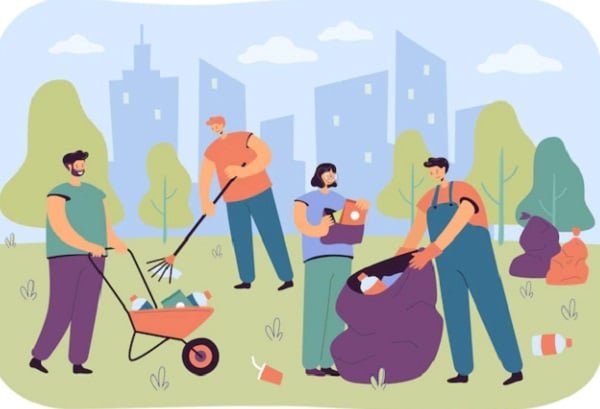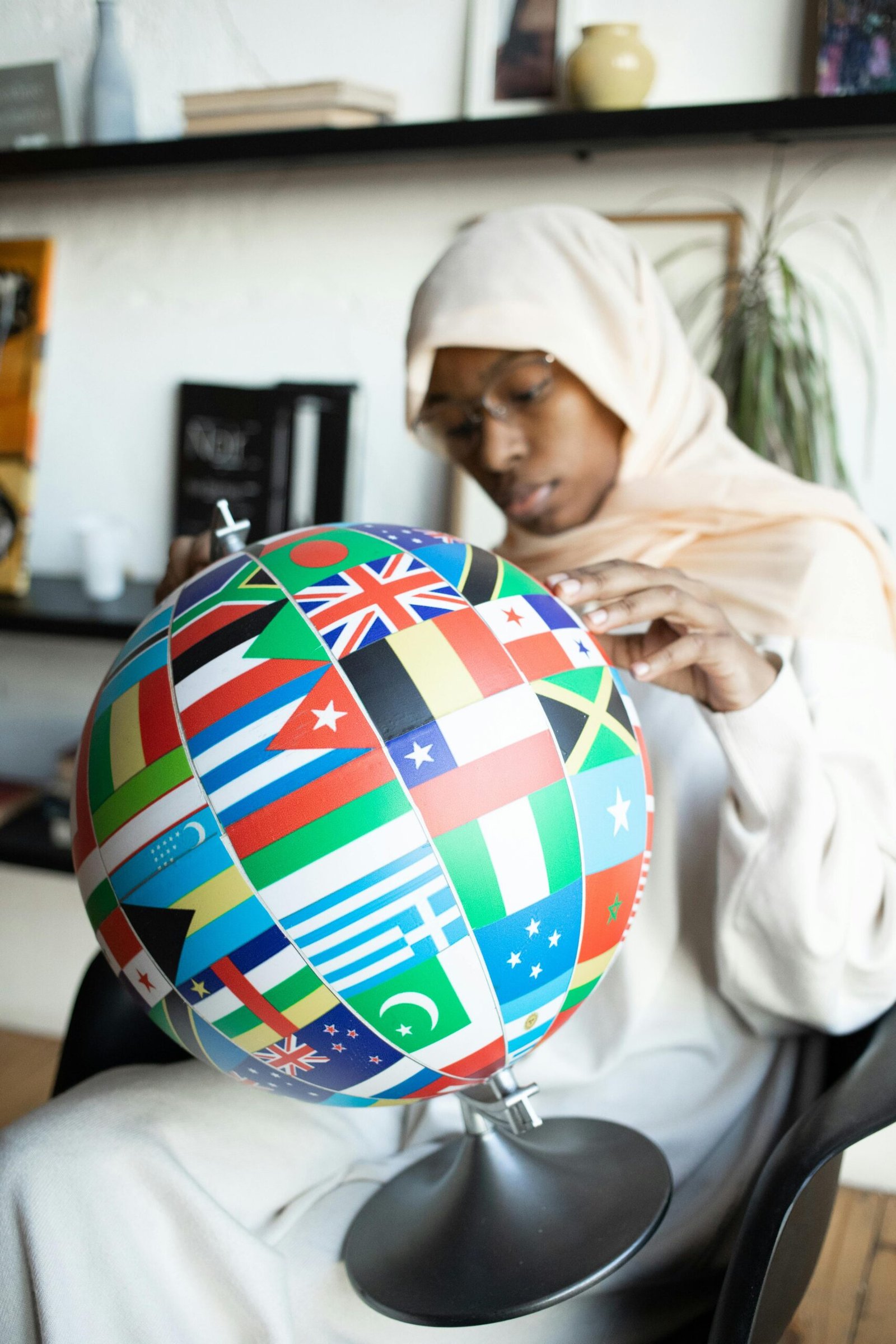
Based on the World Giving Index (WGI) from the Charities Aid Foundation (CAF), which measures the willingness of individuals from 146 countries to help others, donate money, and volunteer, Indonesia has achieved the first ranking for the last decade.
The Historical Roots: Cultural Significance of Gotong Royong in Multi-Ethnic Society
Gotong Royong is an Indonesian national identity and a long-standing Indonesian cultural value. It has been rooted in Indonesian society’s life and signifies Indonesian ancestor legacy. Gotong Royong comes from Javanese language, gotong means work and royong means together (Pranowo, 2010). The Indonesian people adopted these ideals as a spirit and solidaristic character. Gotong Royong has existed since 2000 BC or around the 1800s. It has naturally formed as a collective spirit among Indonesian society to uphold social and economic resilience. It later obtained as a national symbolic prominence with the speech delivered by Indonesia first president, Ir. Soekarno on June 1, 1945 (referred as “The Birth of the Pancasila”).
How it has evolved to become a cornerstone of community development in modern Indonesia
The development of gotong royong as the foundation of community development in modern Indonesia can be seen as adapting to modern challenges and contributing to social cohesion.
- Community Resilience in the Face of Challenges
The concept of Gotong Royong has addressed and solved various challenges faced by Indonesian communities, including natural disasters, economic crises and public health problems. To build coping mechanisms and resilience strategies, communities need to adopt a mutually supportive and collaborative attitude.
- Addressing Urbanization and Diversity
As Indonesia rapidly urbanizes and becomes multicultural, Gotong Royong is also undergoing a transformation. Consequently, in urban areas where diverse communities come together to solve common problems and cooperative relationships develop, a sense of ownership and collective responsibility are important.
- Empowering Local Initiatives
Gotong royong has developed as community empowered local initiatives and projects. In modern Indonesia, this cultural ethos can be found not only in traditional group events but also seen how close knit communities work on projects concerning education, healthcare and environmental conservation.
- Social Inclusion and Equality
A culture of cooperation is fundamental in today’s diverse society where everyone, regardless of background or status, is able to contribute to the development of their communities. Participation creates a sense of belonging and shared responsibility, leading to the well-being of society as a whole.
The solutions to increase the implication of Gotong Royong
- Reliable community leaders
A good leader should take on a new role as developers of national ideals and must be able to exemplify the spirit of mutual cooperation within the community, one way of which is by being active in social activities
- Raising awareness
Increasing community awareness of the Gotong Royong spirit is needed to build national cooperation to build a harmonious environment.
- Regular interactive communication
The community leaders in society needed to build a two-way dialogue with society through the internalization of Gotong Royong across a range of sectors of the life of the people and the nation belong together.
- Strong collaboration within several parties
Collaboration among the government, community leaders, and society is essential to emphasize the significance of Gotong Royong, with NGOs serving as mediators among the involved parties.
Reference:
CAF (2023)
Bowen, J.R. (1986) ‘On the political construction of tradition:gotong royongin Indonesia’, The Journal of Asian Studies, 45(3), pp. 545–561. doi:10.2307/2056530.
Simarmata, N. et al. (2020) ‘Gotong Royong in Indonesian history’, Digital Press Social Sciences and Humanities, 5, p. 00006. doi:10.29037/digitalpress.45341.
Simarmata, N., Yuniarti, K. W., Riyono, B., & Patria, B. (2020). Gotong Royong in Organization. In International Journal of Social Welfare Promotion and Management (Vol. 7, Issue 2, pp. 1–8). Global Vision Press. https://doi.org/10.21742/ijswpm.2020.7.2.01


